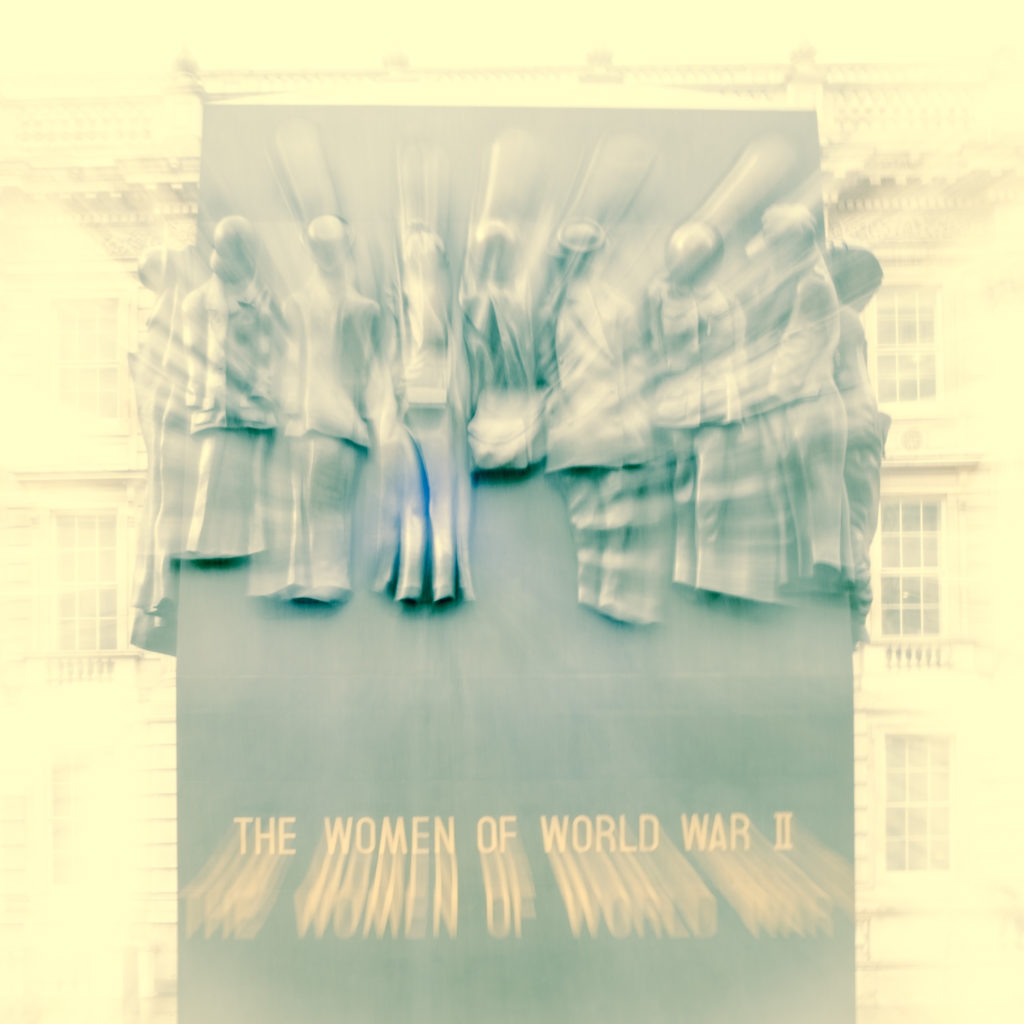The period after the Great War was, for Europe at least, a time of great insecurity. Governments and gangsters both struggled to maintain order.

Contrasts and clashes of moral standards were perhaps the defining theme of the 1920s. Viewed from a generalising perspective of a century of hindsights, morality appears to have been subsumed in a desire for the liberalism of ideas and personal freedoms, perhaps as things denied by the then recent trench slaughters. Meanwhile, another cohort of the people sought certainty, some choosing to follow the communists and others, the fascists, and these competing aspirations effectively polarised societies.
A couple of quotes from Peaky Blinders might surprise you. Yes, we’re watching the whole lot all over again. The edgy BBC series pits one very nasty criminal family against the world. A big surprise is that the very nasty Shelby family encounters even nastier people than themselves. Series on series, their enemies become ever more vile and ruthless. You’d think we’d be sickened by watching it but the fast pace keeps us riveted. And there are grains of truth and lessons for the learning throughout the scripted, fictional horrors.
An early theme of the series is the tension that prevails between the women in the family who ran the criminal enterprise throughout the war. Women who had been very successful and have had to step aside to let the boys take over. The issue comes back several times in several guises but like reality, it’s an equality problem that is never fairly resolved.
‘You break the law, but you obey the rules. Why?‘ asks the pitiless Princess Tatiana Petrovna of family boss Thomas Shelby in a scene where she choses to use Russian Roulette to demonstrate her ruthlessness (S3E4).
‘What f****** line am I supposed to have crossed?! How many fathers, right, how many sons, yeah, have you cut, killed, murdered, butchered, innocent and guilty, to send straight to f****** Hell, ain’t ya?! Just like me! ‘ says arch-criminal Alfie Solomons at gunpoint, reminding Thomas Shelby and the viewers that he’ll always be a ruthless gangster despite his palatial home, OBE, charitable donations and legitimate enterprises (S3E6).
It’s a truly stylish show. Vile at times because of the violence. Perhaps more vile is the base nature of nearly every character. You can’t blame everything on the damage that war has done to the young men but you can’t write off the unrecognised PTSD either.
Perhaps the most appealing element of the show is that Thomas Shelby, while remaining proud of his gypsy heritage, wants to become a legitimate businessman. He wants the family to be successful, comfortable and respected. He doesn’t take pleasure from the crimes, per se, but in his view of morality and family loyalties, the crimes are required to pave the way towards legitimacy. He’s very proud of his accomplishments. Perhaps his biggest achievement was that he didn’t have to emigrate to escape his working class background and make a fortune. He just organised crime at home. That he’s addicted to opiates just makes him and the script unpredictable.
There are US immigration statutes that prohibit immigration for those with convictions for crimes of moral turpitude. The statutes have been in place since 1891. The concept is probably intentionally subjective and the range appears to be set by precedents. The all encompassing scope is a proscription for convictions for crimes contrary to the general rules of morality, or other despicable and aggressive crimes. You’d think, reciprocally, that once an American is convicted of crimes of moral turpitude that they’d be denied the right to a passport or perhaps, the right to return home. But that’s not how it works. Is recidivism presumed for those you don’t know and rehabilitation considered likely for those that you do?
In Peaky Blinders, the vicious criminal becomes an MP. He even become a secret agent for The Home Secretary who at one point, big cigar in hand, says rhetorically ‘So, you’re going to break the law?’
Shelby had previously set the tone for the season when he said that ‘For those who make the rules, there are no rules.’ (S5E1). Touché.

Leave a Reply